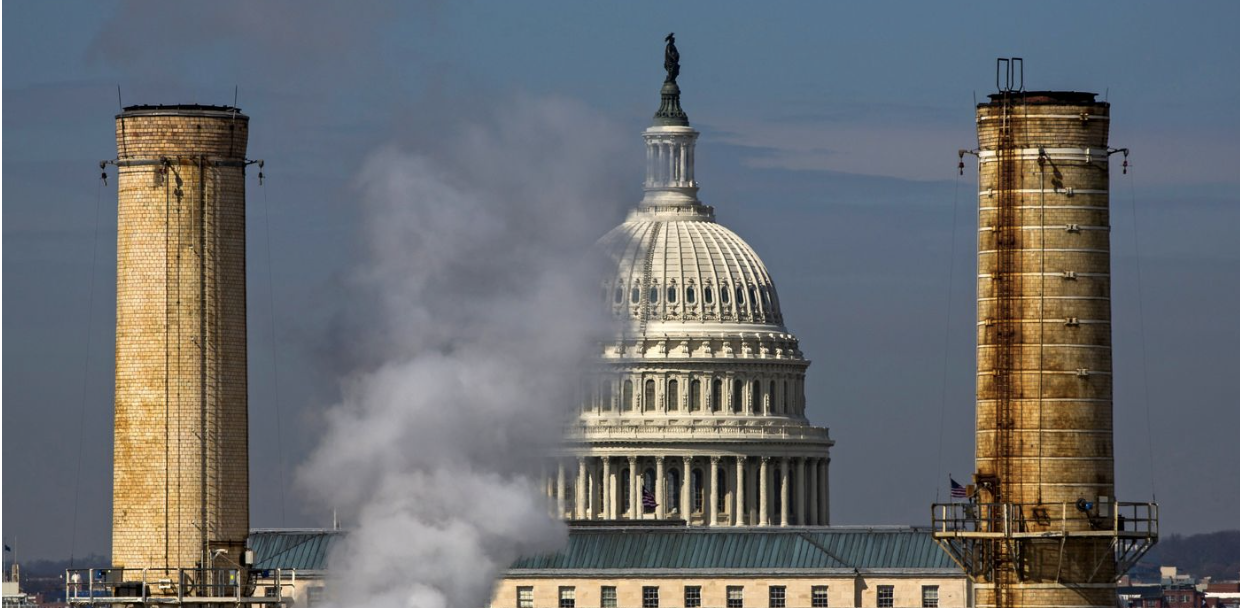 Kerby Anderson
Kerby Anderson
Bjorn Lomborg reminds us, “More than one million people die in traffic accidents globally each year.” He says we could solve that problem by having governments reduce speed limits to 3 miles an hour. Of course, we will never do that because you need to consider other factors.
He makes that point to illustrate that the mantra “follow the science” does not allow a rational evaluation of cost and benefit. “That assertion lets politicians obscure—and avoid responsibility for—lopsided climate-policy trade-offs.”
The Biden administration has set a goal of achieving a net-zero emissions economy by no later than 2050. Outgoing climate envoy, John Kerry, has said there is no alternative, and has also dismissed the idea that this goal is politically motivated.
Lomborg explains that this way of thinking “conflates climate science and climate policy. Man-made climate change exists, but what societies do in response is still a matter of choice.” The mantra that we must “follow the science” essentially shuts down rational discussions about the enormous and unsustainable costs being proposed.
He reminds us that “the world still gets four-fifths of its energy from fossil fuels” and “half the world’s population entirely depends on food grown with synthetic fertilizer.” Economist Neil Record showed an abrupt end to fossil fuel use would cause six billion deaths in less than a year.
In addition to the human cost is the economic cost. The latest economic research estimates that net zero policies would be more than seven times as costly as the climate problem it is trying to address.
We need a sensible, rational policy discussion when addressing the issue of climate change.
 Listen Online
Listen Online Watch Online
Watch Online Find a Station in Your Area
Find a Station in Your Area








 Listen Now
Listen Now Watch Online
Watch Online
